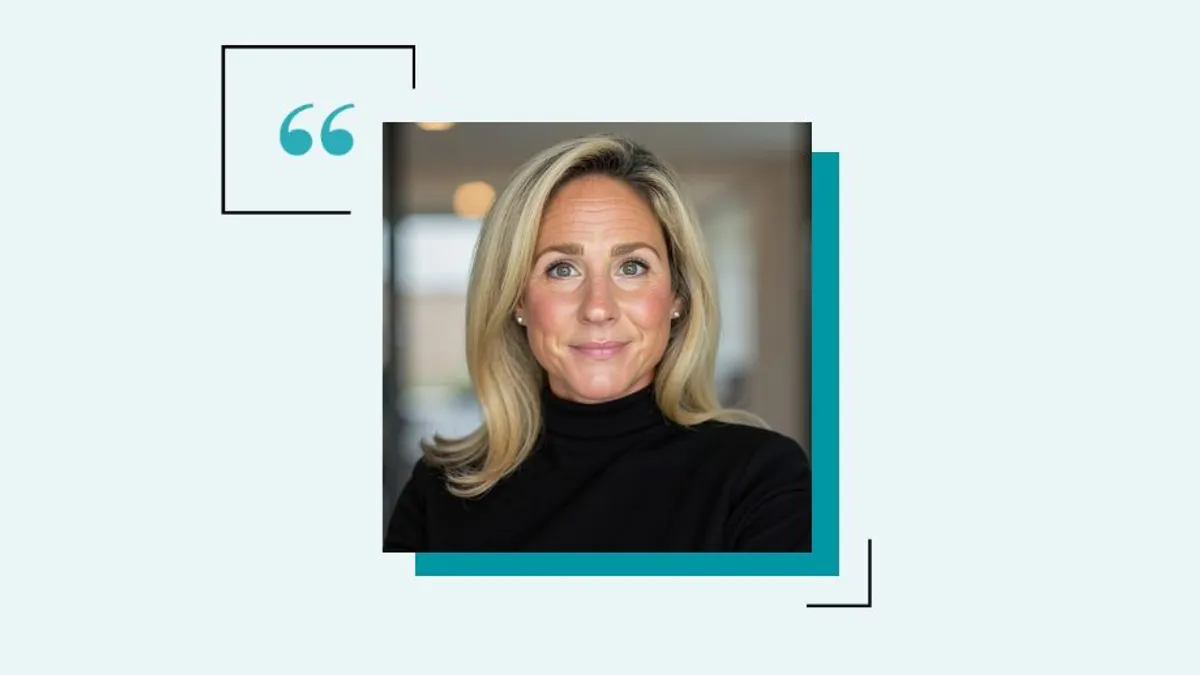For a second straight year, boards of directors see reputational risk as their top concern. They’re also displaying a new optimism about a financial recovery, and are making plans to hire staff to support CFOs, according to a survey by EisnerAmper LLP.
Looking at internal growth and expansion, “the fact that so many board members — 71% compared to 51% in 2011 — feel that the current economic environment will give new opportunities for internal growth and expansion is a tremendous increase over the prior year,” says Steve Kreit, an audit partner with the accounting firm in New York.
The study, “Concerns About Risks Confronting Boards,” found that 66% of 193 directors see reputational risk as their top concern, compared with 59% who view regulatory risk as the top concern. Aided by the National Association of Corporate Directors, the firm polled directors by web-based survey.
While survey respondents’ worries about regulatory risk have remained relatively stable, “the concern about reputation has grown over the last couple of years,” says Kreit. He notes that their reason for concern is “the very high-profile issues that have occurred with companies over the last few years,” including, for instance, the BP oil disaster on the Gulf Coast.
The survey, conducted from October 2011 through February 2012, measures the opinions of directors serving on the boards of publicly traded and private companies. Of respondents surveyed, more than two-thirds serve on audit committees and half sit on nominating and/or compensation committees. The respondents serve on boards across a variety of industries: 30% in the financial sector, 19% in the technology sector, and 18% in the consumer sector, according to EisnerAmper.
Taken together, the top areas of concern in reputational risk are product quality, liability, and customer satisfaction, at 39%. Second is a combination of concerns about integrity, fraud, ethics, and the Foreign Corrupt Practices Act, which totaled 24%.
Asked how they identify risks, 22% say they receive reports from executive management, 18% regularly discuss risk issues during board meetings, 16% rely on professional support or advice from outside experts, and 11% get information from a risk committee.
When asked what they want to learn about the most and allowed to provide multiple answers, almost three-quarters indicate directors are looking for information on broad-based risk assessment. This indicates a major interest in keeping up-to-date on risk holistically, according to the survey. Almost half indicate that a group of concerns including cyber security, protecting reputational risk, and being current with regulatory compliance issues are topics they want to know more about.
“In the past, boards weren’t looking at risk as a big picture,” Kreit tells CFO. “When Sarbanes-Oxley came out, there was so much focus on compliance that they got caught up in regulations and small issues instead of taking a step back and looking at some of the big things.”
Because boards are now charged with more responsibility, he adds, they are feeling the weight of those risks. At the same time, to deal with the recession, a number of companies “pared down jobs and cut overhead and tried to hunker down,” says Kreit. “What I see is that now that growth is coming back and the CFO and the finance team don’t always have enough bandwidth to cover the things that are going on.” What’s more, he says, less staff has meant that the CFO has been “mired in the details, because he doesn’t necessarily have the team and support needed.”
The results of the survey, however, reveal boards are realizing that the CFO needs support to help identify and deal with some of these risks. Among the responses, the survey found that 64.9% of boards are planning to enhance staff, 64% say they have increased audit coverage, and 37.8% are using outside service providers.
Kreit points out that internal audit plays an important role “and is a great partner for the CFO, to focus on some of the operational issues in the company, not just the financial issues.” The survey found that 78.7% of respondents indicate they are using internal audit to address identified risks; 21.3% say they are not.
Building up a solid team under the CFO includes the right controller and director of financial reporting, and the right people underneath them. Having that support “lets the CFO step back and look at the big picture,” says Kreit.
He adds that a bright spot in the survey is that directors want to support CFOs and give them the tools they need to do their job more effectively.
Kreit notes that this bright spot — the fact that boards are seeing and beginning to respond to what they see as an economic recovery — has been the biggest surprise. “You listen to the news and the reports seem to contradict each other,” he says. “But clearly the board members are starting to see some recovery. Because of that they are looking at their companies internally.”
Boards’ interest in putting more resources into internal audit — enhancing staff or co-sourcing and using outside staff — shows there is recovery going on, says Kreit. “They want to take that recovery and plow it back into the company. That was the biggest surprise, seeing how the boards feel about all of this.”
Indeed, in 2012, fewer directors seemed focused on nonorganic growth. They cited M&A as an important investment opportunity: 68% compared with 73% in 2011.
The takeaway for CFOs, notes Kreit, is that they need to start thinking about “how they can enhance their teams and what resource increases they might need to do a better job of identifying and dealing with risks.”
He emphasizes that because directors want to support them, “it’s also up to the CFOs to figure out what they need to do, put those plans in front of the directors, and then be able to work on those plans.”




















